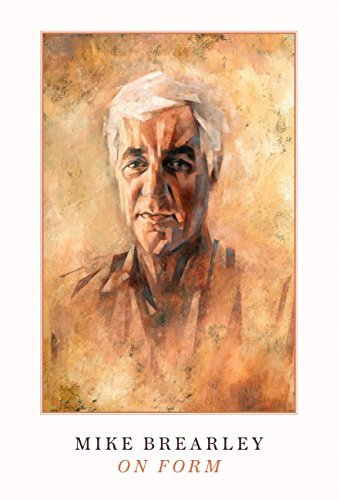What do you think?
Rate this book


What is being on form? How does it relate to feeling 'in the zone'?
Are these states in the lap of the gods, a matter of which side of the bed we got out of that morning? Or is there anything we can do to make their arrival more likely?
In this fascinating book, former England cricket captain and psychoanalyst Mike Brearley examines many of the elements of being in and out of form across a number of different disciplines - not only in cricket and psychoanalysis but also in finance, music, philosophy, medicine, teaching, tree surgery and drama.
Drawing on his own experiences, both on and off the field, Brearley describes various states of mind, from the conscious determination involved in training and practice through to that almost spiritual state of being 'inspired'. To achieve any level of form requires us to be able to hold different tensions in mind, and to tolerate both ambivalence and ambiguity. Neither form nor creativity can be guaranteed - Brearley illustrates in depth the frequent ways we lose form - though understanding, in a full sense, enables us to make drastic loss of form less likely.
Perceptive and engaging, On Form is an exploration of the benefits and risks of being on form and can help us all reflect on the range of conditions that block or liberate us.
416 pages, Kindle Edition
Published September 7, 2017